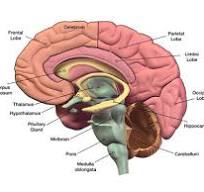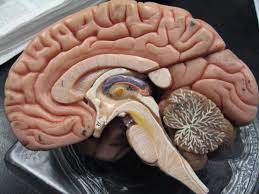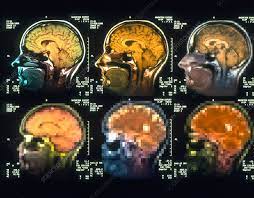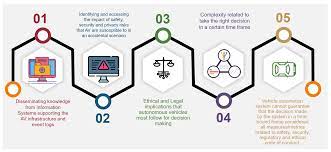
Unlocking the Mysteries of the Brain: A Journey into the Most Complex Organ
-
- 0 Share
- 594 Views
INTRODUCTION
The brain, a three-pound mass of tissue, holds the key to what makes us uniquely human. It's a marvel of nature, responsible for our thoughts, emotions, memories, and actions. Yet, despite centuries of study, it remains one of the most enigmatic and least understood organs in the human body. In this blog post, we embark on a journey to explore the intricacies of the brain, uncovering its mysteries and marvels along the way. The Brain: An Astonishing Complexity
At first glance, the brain might appear as a homogeneous blob, but in reality, it's an exquisitely organized and highly specialized structure. Comprising billions of neurons and trillions of synapses, it forms a complex network that facilitates communication within the brain and throughout the body. This network gives rise to our thoughts, sensations, and behaviors, shaping every aspect of our existence.

Unraveling the Neural Code
One of the fundamental challenges in neuroscience is deciphering the neural code—the language of the brain. How do neurons encode and transmit information? What patterns of activity underlie our perceptions and actions? Scientists have made significant strides in this area, employing techniques ranging from electrophysiology to functional imaging. Through these methods, they've begun to unravel the intricacies of neural circuits and the neural computations that underlie our cognitive functions.
The Plastic Brain: Adaptation and Learning
One of the brain's most remarkable features is its plasticity—the ability to reorganize itself in response to experience. This capacity for adaptation underlies our ability to learn new skills, form memories, and recover from injury. From the pruning of synapses during early development to the rewiring that occurs during learning, the brain is in a constant state of flux, sculpting itself by our experiences and environment.

The Brain in Health and Disease
While the brain is a marvel of evolution, it's also vulnerable to a myriad of disorders and diseases. From neurodegenerative conditions like Alzheimer's and Parkinson's disease to psychiatric disorders such as depression and schizophrenia, these ailments can profoundly impact cognition, emotion, and behavior. Understanding the underlying neurobiology of these disorders is crucial for developing effective treatments and interventions.

Ethical Considerations: Exploring the Frontiers of Neuroscience
As our understanding of the brain deepens, we're confronted with ethical dilemmas and questions about the nature of consciousness, identity, and free will. Technologies such as brain-computer interfaces and neuroimaging raise concerns about privacy, autonomy, and the potential for misuse. As we venture into the frontiers of neuroscience, we must approach these issues with caution and foresight, mindful of the implications for society as a whole.

Conclusion: A Window into the Soul
In the words of Santiago Ramón y Cajal, the father of modern neuroscience, "The brain is a world consisting of several unexplored continents and great stretches of unknown territory." Indeed, the study of the brain is a journey of discovery, filled with both awe and humility. As we unlock its mysteries and delve deeper into its complexities, we gain not only insights into the nature of our own existence but also a deeper appreciation for the wonders of the human mind.
Please
